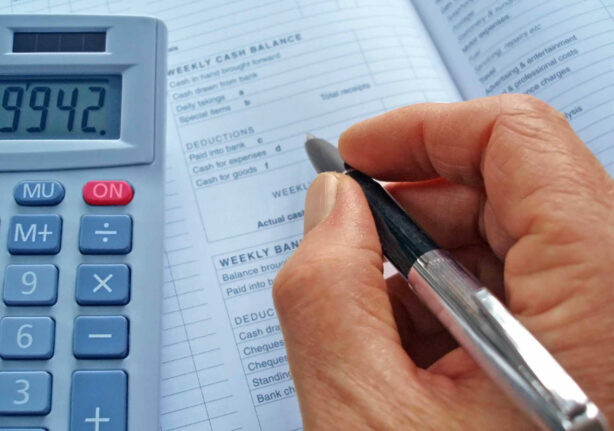When one caregiver fails to pay court-ordered child support, it can cause financial stress for the other parent and affect the child’s way of life.
When acquiring past-due child support, parents have a legal right to seek assistance from police departments or other public officials.

Although a state or provincial agency almost always manages child support regulation, you may sometimes also benefit from the advice of an experienced family law attorney. View the website here to learn more.
The first step in obtaining child support from the “obligor” (the parent who is supposed to pay) is determining where to seek help. A child support order cannot be enforced on your own; you must go through the proper legal channels.
The specific government agency or law enforcement department you need to contact to enforce your child support order(s) and collect past-due support is determined by local laws.
Orders are usually enforced by the local department of child support services. Here are three potential ways they may collect back pay on child support:
1. Withholding of Income
All child support orders must include the compliance tool of instantaneous income withholding, also known as “wage garnishment” or “income allocation.”
The obligor’s employer can subtract child support owed from the obligor’s salary and submit it to the local child secretariat or the custodial parent.
Employers must deduct the payout from the obligor’s paycheck in the same manner as any other payroll deduction.

2. Tax Credits
Parents who have not paid child support can be reported to federal tax organizations by state or provincial child maintenance agencies.
For example, state child support enforcement organizations can document parents who don’t pay child support to the National Treasury Department under the Federal Treasury Offset Program.
The Treasury Department can then detect refund payouts for federal tax returns and other federal subsidies and use the funds to pay back overdue child support.
A parent who owes child support may claim a refund premised on a joint tax return, for example, if they have gotten remarried and submitted a joint tax return with their new spouse.
In most jurisdictions, the parent who is owed support can only obtain a fraction of the return based on the obligor’s earnings.
However, community property laws may impact whether a new spouse’s share of the tax form can be implemented to the obligor’s unpaid fines.

3. License Revocation
The state revocation or suspension of an obligor’s driver’s license is one of the most effective ways of procuring past-due alimony or child support payments.
State child support agencies can also instruct the state to withhold, suspend, or revoke a parent’s professional license, such as a healthcare, legal, cosmetic, or real estate broker permit, if the parent owes child support.
Losing a driver’s license or business license may initially make it more difficult for the custodial parent to obtain child support, because in many cases, the license may be critical to the individual’s ability to make money.
However, losing a driver’s license or a license to practice is a powerful inducement to pay the amount owed, and will often motivate an obligor to work out a payment plan.
While government agencies are responsible for child support regulation, learning about your rights and options with the help of a family law attorney can be helpful.
Many attorneys provide a free initial consultation, where you can ask any questions and see if representation could benefit you. Often, the information you receive can help you decide on the most effective way to collect the money you are owed.
No matter what you decide, knowing what agencies to reach out to and what options they have to collect can help you get the money you need for your child.
